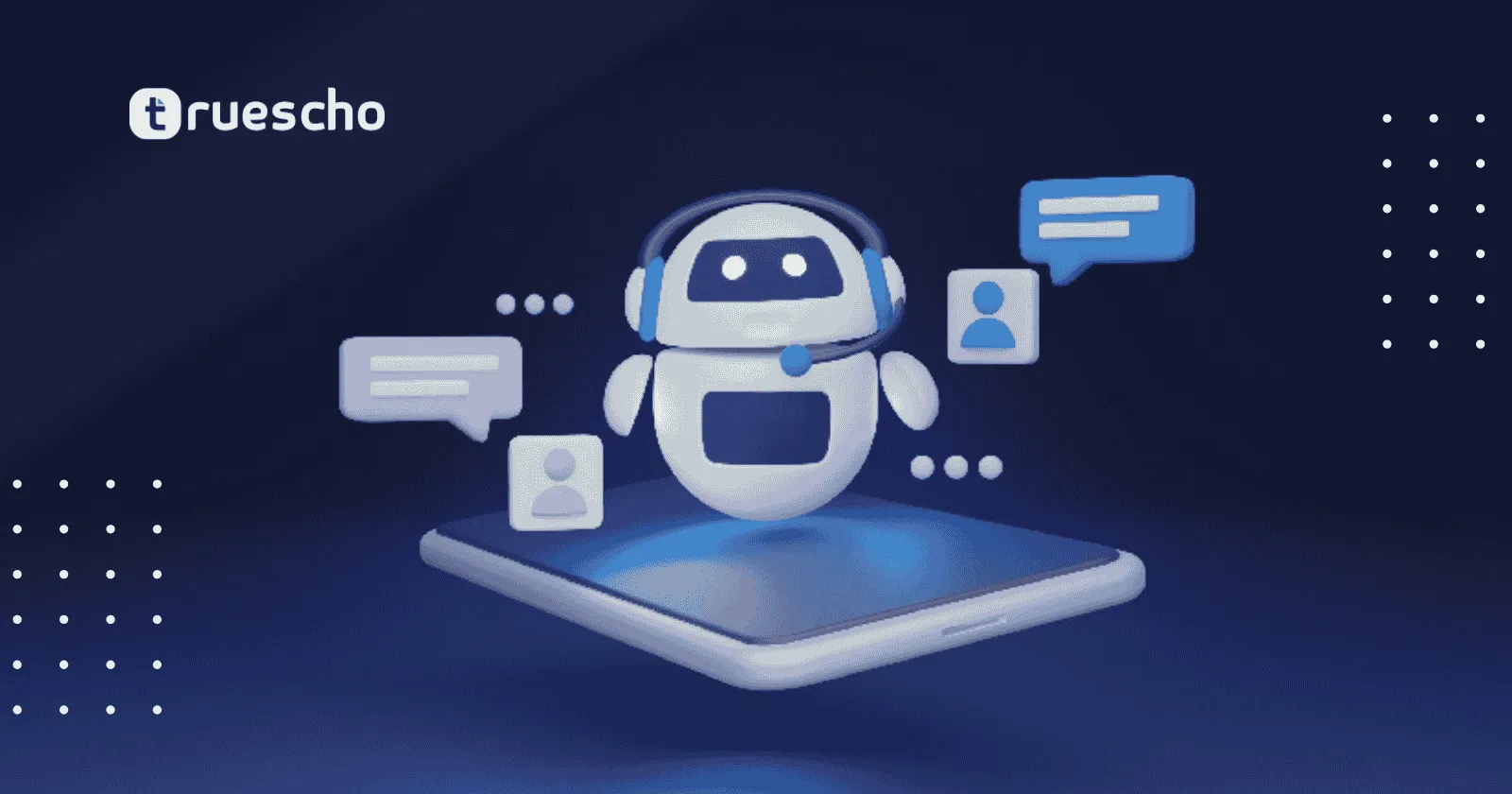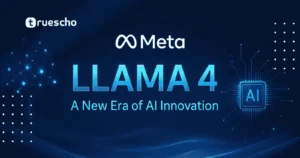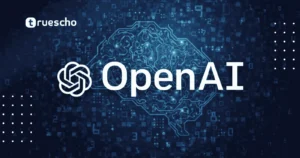chatbot : Everything you need to know
Since its debut in November 2022, ChatGPT—OpenAI’s revolutionary chatbot—has transformed the way people interact with artificial intelligence. What began as a chatbot designed to draft essays and code with simple prompts has evolved into a robust platform with hundreds of millions of weekly users. Below, we explore how this chatbot has grown, the milestones it has achieved, its latest updates, controversies, and what the future holds for this transformative chatbot technology.
Table of Contents
- Everything you need to know about the AI-powered chatbot
- Key Milestones and Product Developments
- Recent Updates and Timeline Highlights
- March 2025: Enhanced Model Transparency and Tools
- February 2025: Consolidation and Efficiency
- Late 2024: Expanding Capabilities and User Base
- Earlier Dates: A Legacy of Innovation
- Challenges, Controversies, and Legal Battles
- Frequently Asked Questions
- What is ChatGPT and how does it work?
- When was ChatGPT released?
- Is ChatGPT free to use?
- Who can benefit from using ChatGPT?
- Does ChatGPT support voice and multimodal operations?
- Are there privacy concerns associated with ChatGPT?
- Where can I find more information about ChatGPT and similar AI tools?
- Looking Ahead
Everything you need to know about the AI-powered chatbot
ChatGPT emerged as a promising solution for automating text-based tasks by utilizing advanced deep learning techniques. Today, the platform is an AI phenomenon that caters to users ranging from students and developers to major enterprises. Over time, OpenAI has scaled ChatGPT with regular updates, including new voice capabilities and multimodal features that enrich the user experience.
Read also: N8N AI Agent: Breakthrough MCP Update
Key Milestones and Product Developments
Throughout its evolution, ChatGPT has undergone numerous updates that have reshaped its capabilities:
- Voice and Transcription Models: OpenAI has enhanced its AI’s voice generation with realistic text-to-speech models such as “gpt-4o-mini-tts” and improved transcription algorithms to reduce errors and hallucinations.
- Advanced Reasoning Models: To deliver more consistent answers, the company launched o1-pro, an advanced reasoning model that offers superior performance albeit at a higher cost, ensuring that responses are clear and thoughtful.
- Customizable Interactions: ChatGPT now allows users to modify its conversational style—assigning traits like “chatty” or “Gen Z”—making interactions more personalized.
- Search Capabilities: With the integration of web search functionality, ChatGPT now retrieves up-to-date information for more precise responses. This update allows users to access real-time data and enrich their queries without needing to log in.
- Innovative Interfaces: Features like the new “Canvas” interface provide creative workspaces for writing and coding projects, enabling users to highlight and edit content effortlessly.
In addition, partnerships with major tech companies such as Apple have bolstered its ecosystem. Integrations with Siri and other native apps have further expanded its reach and utility on mobile and desktop platforms.
Recent Updates and Timeline Highlights
OpenAI continuously refines ChatGPT with new updates. Recent developments across 2024 and 2025 illustrate the nimble, forward-moving approach taken by the company to stay ahead in the competitive AI space.
March 2025: Enhanced Model Transparency and Tools
In early 2025, OpenAI faced scrutiny in Europe when privacy watchdogs noted that ChatGPT was producing inaccurate personal data. In response, OpenAI improved the model’s accuracy and introduced better error notifications. Simultaneously, a new suite of transcription and voice AI models were added to streamline the interaction experience for users.
Read also: OpenAI Optimus Alpha
February 2025: Consolidation and Efficiency
February 2025 marked a strategic pivot when OpenAI canceled the standalone o3 model in favor of launching a next-generation unified product that integrates the best of existing technologies. The company also refined its web search functionality, allowing users to access real-time information without logging in, and unveiled a specialized AI agent for in-depth research tasks.
Late 2024: Expanding Capabilities and User Base
During the final months of 2024, OpenAI introduced several noteworthy features:
- The rollout of “Sora,” a text-to-video generator that converts written prompts into short video clips available to premium subscribers.
- An advanced voice mode upgrade enabled ChatGPT to generate responses with a festive “Santa Mode” during the holiday season.
- Extensions to desktop applications enhanced integration with popular developer tools, allowing users to edit code directly within integrated development environments.
Moreover, ChatGPT’s weekly active user count soared past milestones: from 100 million in late 2023 to a staggering 300–400 million by early 2025, showcasing the platform’s monumental growth.

Earlier Dates: A Legacy of Innovation
Prior to the explosive growth seen in 2024 and 2025, several crucial early milestones set the stage for ChatGPT’s success:
- Its initial launch in late 2022 revolutionized the way users interacted with automated text generation.
- Early collaborations with academic and research institutions drove improvements in natural language understanding.
- Strategic partnerships with tech giants, including a high-profile alliance with Apple, paved the way for further integrations into everyday devices through enhanced voice and search functions.
These early efforts helped solidify ChatGPT’s reputation as a versatile tool capable of addressing a spectrum of needs—from creative writing to solving complex mathematical problems.
Read also: Firebase Studio Alternatives
Challenges, Controversies, and Legal Battles
Despite its tremendous success, the ChatGPT chatbot has not been without controversies. Critics point to issues such as inaccurate outputs, regulatory challenges, and concerns over data privacy. For example, privacy advocates in Europe recently flagged false personal data reported by the chatbot, prompting discussions about the accuracy requirements under GDPR.
Moreover, OpenAI has faced a series of legal challenges. A collective of Canadian newspapers is embroiled in a copyright lawsuit, accusing the company of unauthorized use of proprietary content by its chatbot. Another notable legal dispute involves an injunction from high-profile figures concerned about the company’s drift toward a for-profit model.
Such issues highlight the delicate balance OpenAI must maintain while innovating rapidly. The company continues to refine its chatbot policies and technology to ensure better transparency, stricter data protection, and more reliable outputs.
Frequently Asked Questions
What is ChatGPT and how does it work?
ChatGPT is an advanced chatbot developed by OpenAI that uses a deep learning model (GPT-4 and its variants) to generate human-like text based on input prompts. It leverages large datasets and complex neural network architectures to create relevant and contextual responses.
When was ChatGPT released?
The public version of ChatGPT was launched on November 30, 2022, and has since evolved with multiple updates, adding new functionalities and improvements to user experience.
Is ChatGPT free to use?
Yes, there is a free version available; however, a premium subscription known as ChatGPT Plus offers enhanced capabilities, including access to the latest GPT models and additional features.
Who can benefit from using ChatGPT?
ChatGPT’s versatility makes it suitable for a wide range of users including students, tech professionals, writers, and enterprises seeking to automate tasks, analyze data, or generate creative content.
Does ChatGPT support voice and multimodal operations?
Recent updates now enable ChatGPT to process voice inputs and even carry out multimodal tasks such as video generation and image understanding, further bridging the gap between text and visual communication.
Are there privacy concerns associated with ChatGPT?
OpenAI is continuously working to enhance data privacy and comply with regulations such as the GDPR. Users can request deletion of personal data, and the company has measures in place to balance data use with privacy concerns.
Where can I find more information about ChatGPT and similar AI tools?
For a deeper dive into the world of ChatGPT and generative AI, you can explore official OpenAI resources and trusted technology news outlets. Additionally, several online forums and communities provide insights and shared experiences from actual users.
Read also: N8N MCP AI Agent: INSANE NA10 Integration Update
Looking Ahead
As chatbot technology continues to expand in capability and reach—from voice integration in mobile apps to partnerships with major markets like government agencies and educational institutions—the landscape of AI-driven communication is set to transform further. OpenAI’s aggressive pursuit of innovation, despite the accompanying challenges and controversies, ensures that the evolution of ChatGPT and its chatbot functionalities remains a focal point of discussion in both technology and policy circles.
Whether you’re a casual user or a tech professional, keeping up with these chatbot developments helps you understand how AI is reshaping our digital interactions. Stay tuned for more updates as OpenAI continues to push the boundaries of what is possible with AI-powered chatbots.






